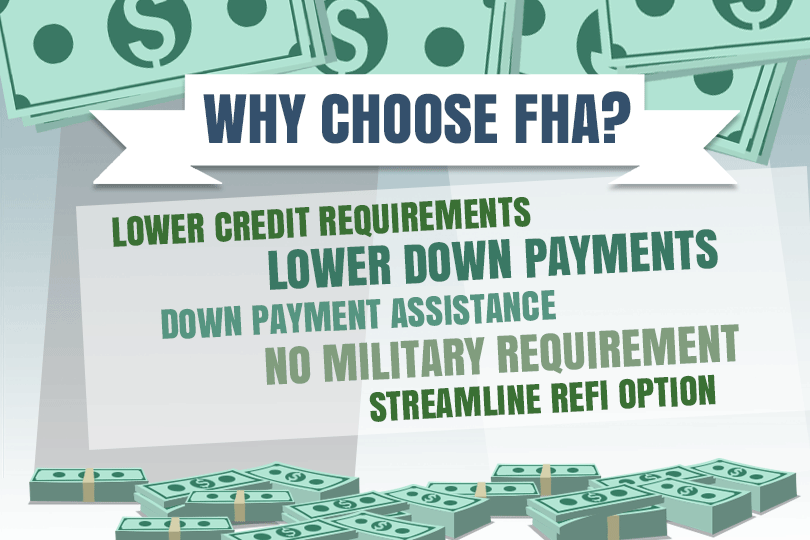Why Your FHA Loan Transaction Requires Escrow
November 12, 2024
Requirements to use escrow accounts typically stems from a need to protect all parties involved in the transaction, but particularly the following:
Protecting The FHA Lenders' Investment
Escrow accounts serve as a safeguard for lenders by guaranteeing the payment of property taxes and insurance premiums.
Delinquent taxes can result in tax liens. These liens are problematic because they assume priority over the mortgage, potentially jeopardizing the lender's financial stake in the property.
Failing to pay on time for insurance coverage exposes the property to potential damage or loss, again placing the lender's investment at risk. Using escrow protects against these problems.
Protecting Borrowers from Financial Strain
Escrow accounts help the borrower budget by converting annual or semi-annual expenses into smaller, more manageable monthly payments. Avoiding a lump sum payment is a key benefit when using escrow.
Navigating Escrow Account Setup: Fees and Costs
Lenders typically require an initial deposit when establishing the escrow account. This deposit covers the upfront costs of property taxes, homeowners insurance, or other related expenses. The specific amount varies based on the property's location, assessed value, and the time of year.
While escrow accounts generally do not incur separate fees, some lenders may impose a nominal administrative fee for managing the account. This fee, if applicable, will be disclosed in your loan documentation.
What To Ask Your Lender About Escrow
When applying for an FHA mortgage, ask your lender how much property taxes might be (estimated) for the address you want to purchase, and ask about the typical budget buyers should include for escrow.
Remember that until you buy the home and finalize your ownership, some costs, including the actual amount of your property taxes that year, may be subject to change due to regulation, state law, lender policy, or FHA loan program requirements.
Ask for estimates, but be ready to adjust those numbers if needed.

FHA Loan Articles
October 29, 2024Buying a home with an FHA mortgage is a major life decision, and preparation is essential before you start house hunting or consider making an offer on a property.
How to get started? In the early stages, establishing your budget and how much work you need to do on your credit is key. But once you have gotten past the initial phase of that planning you’ll want to consider the house itself and what you want from it.
October 25, 2024Mixed-use properties combine residential and commercial spaces. Some borrowers applying for FHA home loans want to know if purchasing such a property using an FHA single-family home loan is possible. The FHA does allow the use of its loans for mixed-use properties, but certain conditions must be met.
October 24, 2024Buying your first home is a major milestone. If you use an FHA mortgage to buy your home, you’ll have two types of insurance to consider. One type is the FHA-required mortgage insurance premium, which is paid for 11 years or the loan's lifetime, depending on your down payment, loan term, and other variables.
October 22, 2024While the Federal Housing Administration sets rules for FHA loans, lenders retain some flexibility in determining interest rates, fees, and specific loan terms. Depending on circumstances, the FHA loan offered by your local bank might not be as competitive as one offered by a credit union or an online lender specializing in FHA products, or vice versa.
October 17, 2024Buying a home is one of the most significant investments Americans make. Understanding how to strengthen your credit profile and leverage the power of credit counseling is essential for successfully navigating the FHA loan process. What should you know about your credit to make the most of your home-buying journey?







